Today, Wuxi Saiying Power Technology Co., Ltd. will give you a detailed introduction to electric motors. The performance of electric motors is mainly reflected in the following aspects:
1. Power density: Power density is an important performance indicator, which refers to the power that can be output per unit volume or unit weight of the motor. The higher the power density, the better the performance of the motor.
2. Efficiency: The efficiency of an electric motor refers to the ability of the motor to convert electrical energy into mechanical energy, usually expressed as a percentage. The higher the efficiency, the smaller the energy loss of the motor and the higher the working efficiency.
3. Torque: The torque of an electric motor refers to the torque output by the motor, that is, the torque that the motor can provide. The greater the torque, the stronger the output capacity of the motor.
4. Speed range: The speed range of an electric motor refers to the speed range in which the motor can work normally. Motors with a wide speed range can adapt to a variety of working conditions and have higher applicability.
5. Response speed: The response speed of an electric motor refers to the response speed of the motor after receiving a control signal. Motors with fast response speed have better dynamic response performance and can adjust output power more quickly.
6. Starting characteristics: The starting characteristics of the motor include indicators such as starting torque and starting time. Good starting characteristics mean that the motor can start quickly and work normally.
7. Noise and vibration: A good motor should reduce noise and vibration as much as possible to improve the comfort and safety of use.
8. Thermal stability: Electric motors will generate heat when working for a long time. Motors with good thermal stability can effectively dissipate heat to avoid motor performance degradation or damage due to high temperature.
9. Life: The life of an electric motor refers to the time that the motor can work normally under specific conditions. Motors with long life have better stability and durability.
In general, the performance of electric motors depends on many factors, including power density, efficiency, torque, speed range, response speed, starting characteristics, noise and vibration, thermal stability and life. Consumers should consider these factors comprehensively when choosing electric motors and choose motor products with better performance according to specific needs.
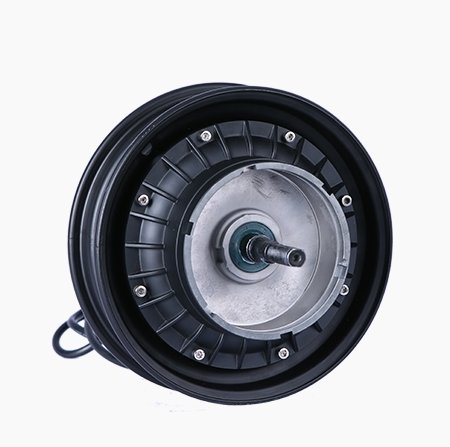



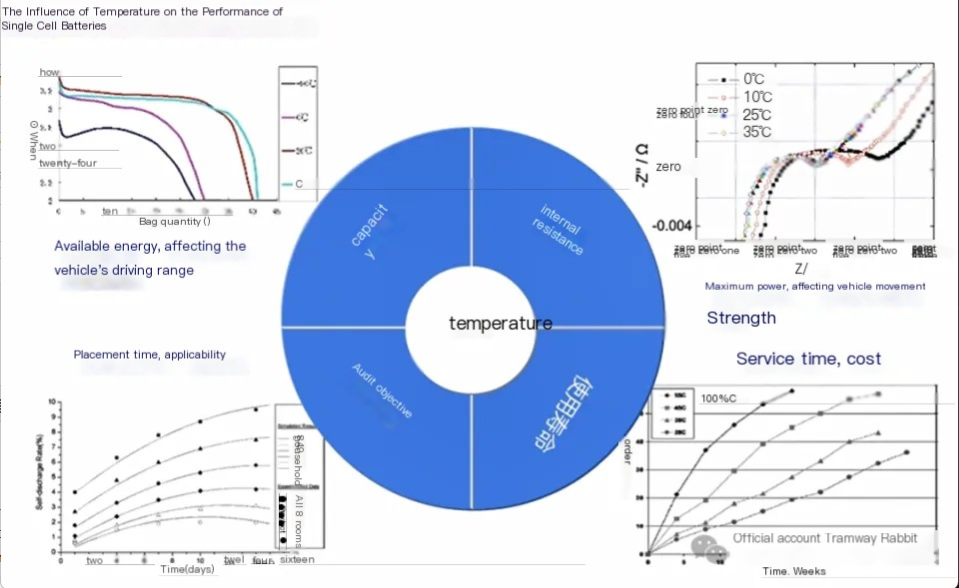


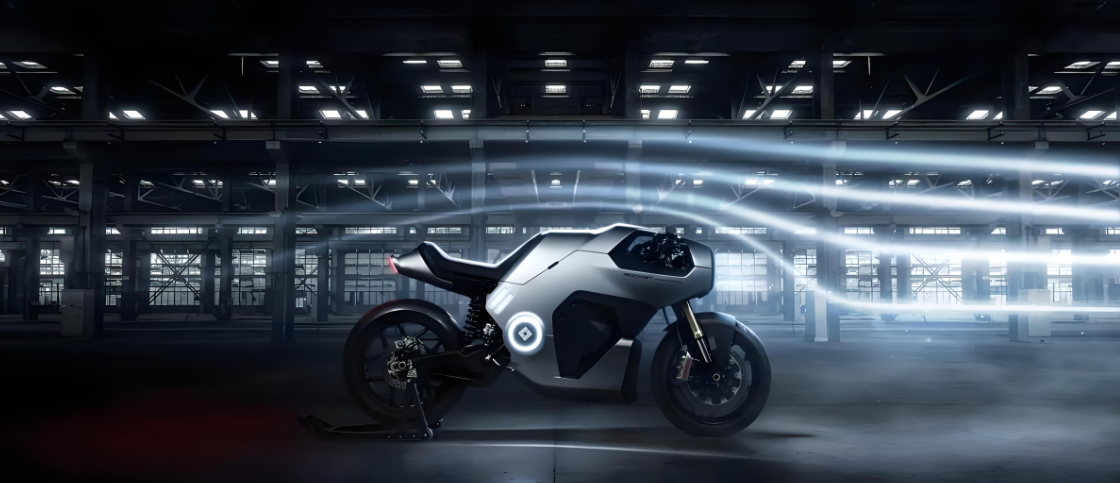

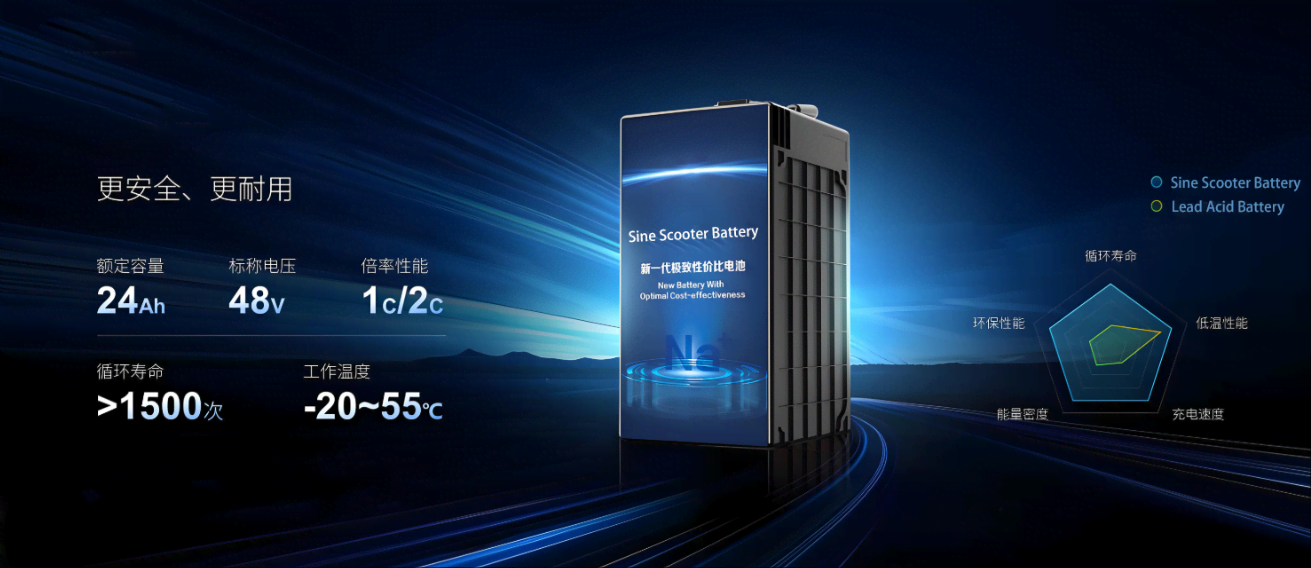
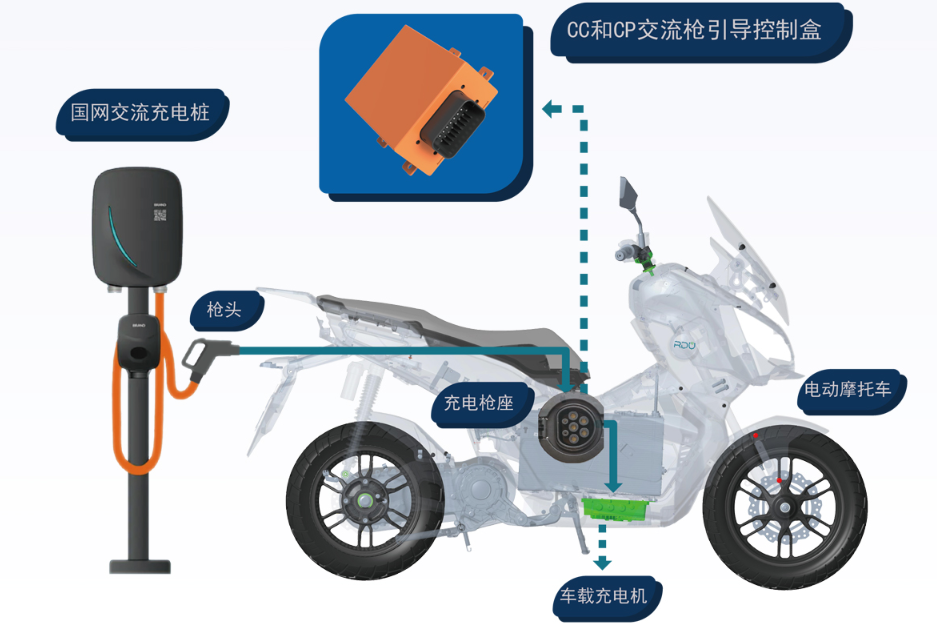


Add comment
Add comment: